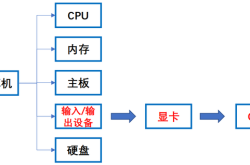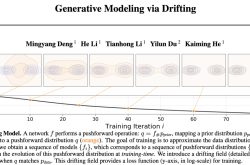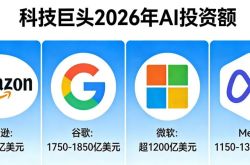The sword of Damocles hanging over the head of Volkswagen has finally fallen
![]() 11/18 2024
11/18 2024
![]() 500
500
Volkswagen has reached a critical juncture of "cutting off an arm to survive" and "burning one's boats".
Text
On the vast ocean, giant ships flatten the waves, and powerful ships and artillery conquer nearly half the globe.
Under the blazing sun, trains race across the land, and modern industry ushers in the empire that never sets.
The glory of the "empire that never sets" began with the First Industrial Revolution but ended with the Third Technological Revolution.
Looking back at the glory of a hundred years ago and then focusing on today's decline, what sentiments will the British feel?
History, like the sunrise and sunset, will always experience the lushness of noon and endure the chill of midnight.
The development history of the automotive industry is roughly the same.
Just like Volkswagen Group, this automaker, which can almost be described as "great," is also inescapable from the cycle of history.
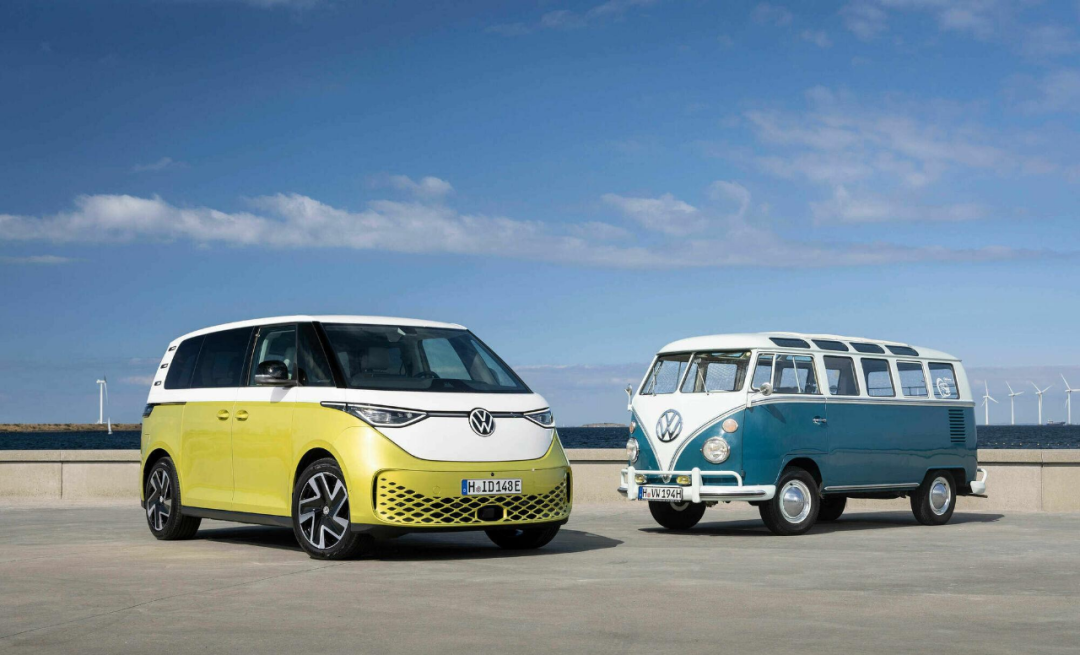
Volkswagen Faces Headwinds
I believe many people miss 2019, and so does Volkswagen.
In 2019, Volkswagen's annual sales in the Chinese market reached a historic high of 4.23 million vehicles.
However, since then, Volkswagen has faced headwinds in China: In 2023, Volkswagen's annual sales in the Chinese market dropped to 3.236 million vehicles.
In football matches, traditional powerhouses love to play against the wind, but once they face headwinds, they lose their composure.
Just like in the recent Champions League, Real Madrid first lost 0-4 to Barcelona and then 1-3 to AC Milan, suffering two consecutive defeats.
However, in the automotive industry, Volkswagen's situation is much worse than Real Madrid's.
Recently, Volkswagen released its sales flash report for the first three quarters of this year. The data shows that in the first three quarters of 2024, Volkswagen's cumulative sales in the Chinese market were 2.0566 million vehicles, a decrease of 10.2% from the same period in 2023.
Due to the decline in sales in the Chinese market, Volkswagen Group's global sales in the first three quarters of this year also fell by 2.8% year-on-year, totaling 6.5243 million vehicles.
Even Volkswagen executives have stated that Volkswagen's situation in China is particularly severe...
Through these sales data, even if we are not professional financial data analysts, we can judge that Volkswagen is facing difficulties in the new era.
However, as observers in the automotive industry, we cannot rely solely on sales data to define and judge. More importantly, we must identify the crux of Volkswagen's problems.
So, where do Volkswagen's problems originate?
"British Dilemma" Plagues Volkswagen
Why has Britain gradually declined from being the world's leading power?
From a political perspective, this question is incredibly complex. The impact of the two World Wars and the policy effects during the Cold War are all internal factors.
But if we look at technological development and industrial levels, it is not difficult to analyze why Britain declined.
During the British Empire that never sets, technological advancements propelled the country into a period of glory; after World War II, Britain's technological and industrial development stagnated, leading to an overall decline in social and economic conditions.
The same is true for Volkswagen.
This powerful traditional automaker developed rapidly during the fuel era.
Take the TSI+DSG golden powertrain combination, for example. Volkswagen introduced these technologies in the early 2000s.
At that time, which automaker's engine and transmission technologies could match Volkswagen's?
However, after entering the new energy era, Volkswagen's technological iteration speed in the new energy field has significantly slowed down.
For example, Volkswagen's current new energy product strategy still uses the MEB platform as the carrier. Although the Volkswagen ID. series and Audi e-tron series have reliable and efficient three-electric technologies, their overall intelligent performance is lower than that of domestic new energy vehicles.
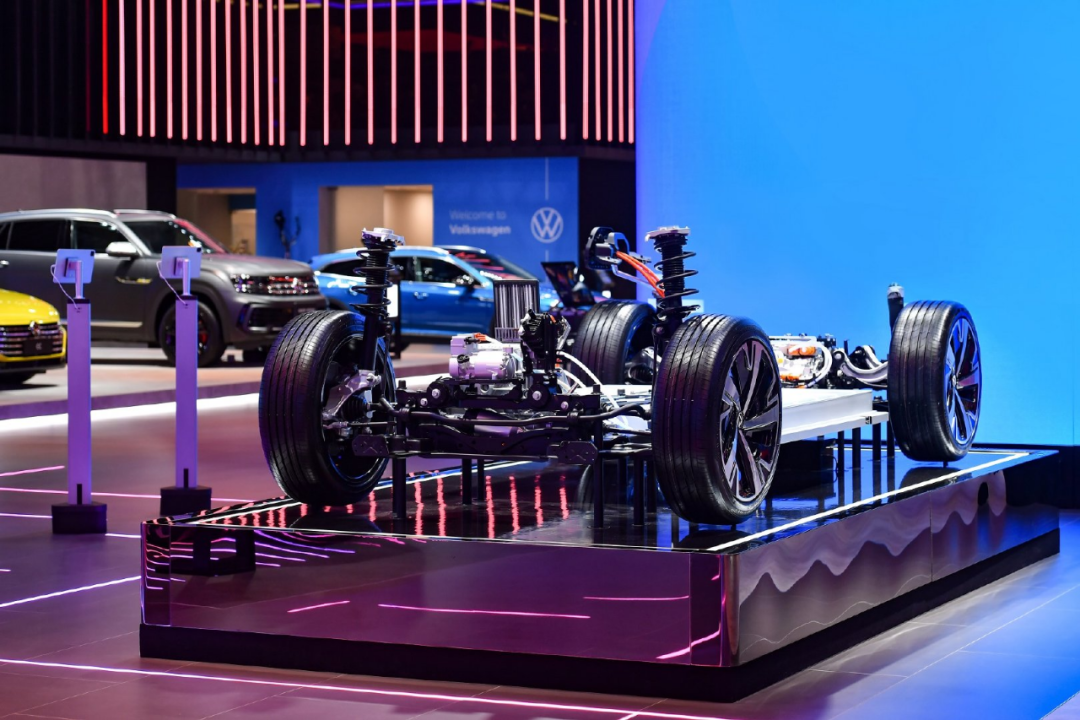
Taking mainstream models priced at over 100,000 yuan as an example, independent brands have already begun to popularize the Qualcomm Snapdragon 8155 platform and even the new-generation 8295 platform, while Volkswagen's MEB platform still shows no sign of iteration.
Meanwhile, NOA high-level intelligent driving technology is also rapidly penetrating the market under the impetus of independent brands.
Aion RT and Xpeng MONA M03 priced below 160,000 yuan, and even Baojun Yunhai priced around 100,000 yuan, have all been equipped with high-level intelligent driving systems. However, within the Volkswagen system, even high-end pure electric models rarely feature high-level intelligent driving technology.
It can be seen that Chinese automakers have targeted Volkswagen's basic lineup of family cars, hoping to use technological equality and the Lower down of high-tech configurations to capture the market share of traditional powerhouses like Sagitar and Lavida.
"Slowness" has become the original sin and the main reason for the hindered sales of Volkswagen ID. series and Audi e-tron in China's new energy market.
Throughout 2024, new intelligent technologies such as Huawei's Kunlun Intelligence Drive, Aion's ADiGO smart cockpit, and Deep Blue Intelligence Drive have emerged in an endless stream. Multiple independent brands such as Deep Blue, Changan Qiyuan, Xpeng, Aion, and BYD have completed multiple technological updates and iterations across different price ranges and positioning levels.
However, Volkswagen's technological iteration speed has obviously been unable to keep up with market demand.
"If you fall behind, you will be beaten" is a truth summarized by Chinese people over hundreds of years, and I believe Volkswagen understands this as well.
This is indeed the case.
Facing the rapid development of China's independent new energy vehicles, Volkswagen has long felt a sense of crisis and urgency.
In May 2024, Volkswagen's Chief Financial Officer issued a warning that facing the fierce competition from China's new energy automakers, Volkswagen has two to three years to prepare; however, in October, he shortened the timeline to one year, believing that Volkswagen has one year to make strategic adjustments in technology and products.
But is this time enough?
There is hope, but difficulties objectively exist
E-Motion believes that as a leading global automaker, although Volkswagen's sales have declined, its system scale and technological strength cannot be underestimated.
To "Make Volkswagen Great Again," Volkswagen has formulated a series of plans.
The core of these plans is to strengthen cooperation with Chinese enterprises.
To put it bluntly, Volkswagen also highly recognizes the achievements made by Chinese enterprises in the era of electrification and intelligence.
To accelerate its transition to intelligent electrification, Volkswagen is seeking help from external forces.
Since 2022, Volkswagen has successively established its software company CARIAD in China and cooperated with Chinese enterprises such as Horizon Robotics, Thundersoft, and Guoxuan High-Tech, dedicating to the updating and iteration of smart cockpits, intelligent driving assistance systems, and new energy vehicle battery technologies.
At the same time, Volkswagen has also established a partnership with China's Xpeng Motors, and the two parties will jointly develop the CEA electronic and electrical architecture and create new electric vehicle models.
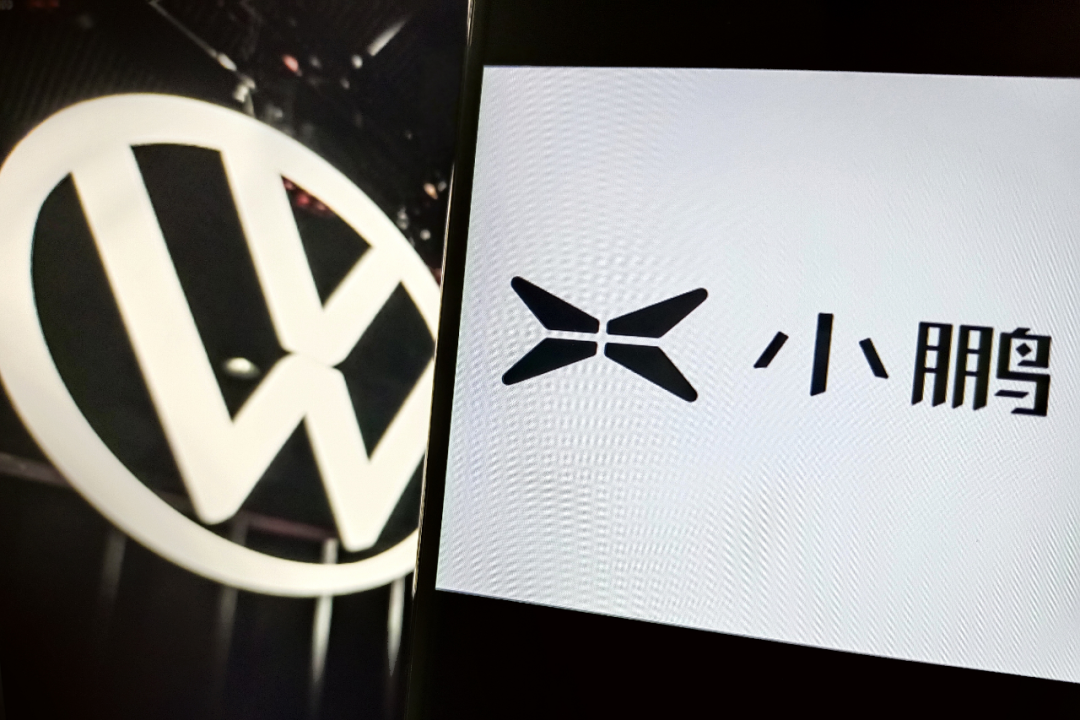
In fact, compared to most overseas automakers, Volkswagen's attitude towards the transition to intelligent electrification is quite positive.
Judging from the current overall development level of the industry, Volkswagen's main weakness in the field of new energy lies in its low level of intelligent technology due to outdated platforms.
When Volkswagen begins to actively seek cooperation with Chinese enterprises, it can temporarily alleviate difficulties.
However, E-Motion believes that Volkswagen still faces two major risks.
Firstly, Thomas Schmall, a member of the Volkswagen Automotive Board, stated at a meeting, "The window for electrification is closing, and if we (Volkswagen) don't speed up, it will be difficult for us to survive." In his view, the key to breaking Volkswagen's dilemma lies in speed, and if Volkswagen can launch competitive intelligent electric vehicles in the Chinese market more quickly, it will be able to keep up with the times and avoid being eliminated.
However, Ralf Brandstätter, Chairman of Volkswagen China, said, "Starting fast doesn't necessarily mean finishing fastest. We are currently focusing more on profit rather than market share, so we have more funds for future research and development and innovation. 2026 will be our year of effort."
It can be seen that there are actually some disagreements within the Volkswagen Group.
E-Motion believes that although Volkswagen can achieve technological innovation by seeking cooperation with Chinese enterprises, if the cycle of technological and product transformation takes two years or even longer, the window for electrification will inevitably close for Volkswagen.
Because in the Chinese market, many new energy automakers and even new force automakers are catching up quickly.
Especially models like Xpeng MONA M03 and Aion RT are already poised to capture Volkswagen's basic lineup. At this point, if Volkswagen still believes it can wait until 2026, it is in danger!
Because while Volkswagen is developing, other independent automakers are also developing, and even faster.
No one can determine whether Volkswagen's products will still have leading significance and market value after the launch of new intelligent electric products in 2026.
Secondly, Volkswagen's search for cooperation or assistance from Chinese enterprises is not a long-term solution.
Any automaker that wants sustainable development needs to firmly grasp technology in its own hands. For a large enterprise like Volkswagen, it is even more crucial to ensure that it has technology that is one generation ahead of the market.
However, by absorbing technology through cooperation, Volkswagen will find it difficult to obtain "first-hand technology" in the future.
Ask yourself, can such a technological development model really last?
Moreover, at this stage, due to a significant drop in profit margins, Volkswagen has also begun to "reduce costs and increase efficiency," saving expenses by closing idle factories and laying off employees worldwide. Undoubtedly, when corporate profits decline, investment in technology will also be reduced, slowing down the speed of technological iteration, which is not beneficial to the long-term development of the enterprise.
In summary, Volkswagen has reached a critical juncture of "cutting off an arm to survive" and "burning one's boats".
E-Motion believes that this top-tier global automaker may need to temporarily forget its past achievements and glories. By resetting all the glories of the fuel era to zero, it can set sail again and embark on a new journey.
Perhaps this enterprise with profound heritage will bring us new surprises after experiencing unprecedented changes in a century.
Written at the end:
From a certain perspective, Volkswagen is like a giant ship sailing on the sea of fate.
It has a very solid foundation and faces the huge waves of the industry. Although it will bump and sway, it is far from the moment of capsizing. At this time, the sailors on the Volkswagen giant ship must not only use their rich experience to navigate the ship out of the gloom.
More importantly, they need to think and innovate to make this giant ship sail faster to the port.
Perhaps what Volkswagen lacks to achieve the next outburst is just a determination. Where will Volkswagen sail in the future? Let's wait and see!

